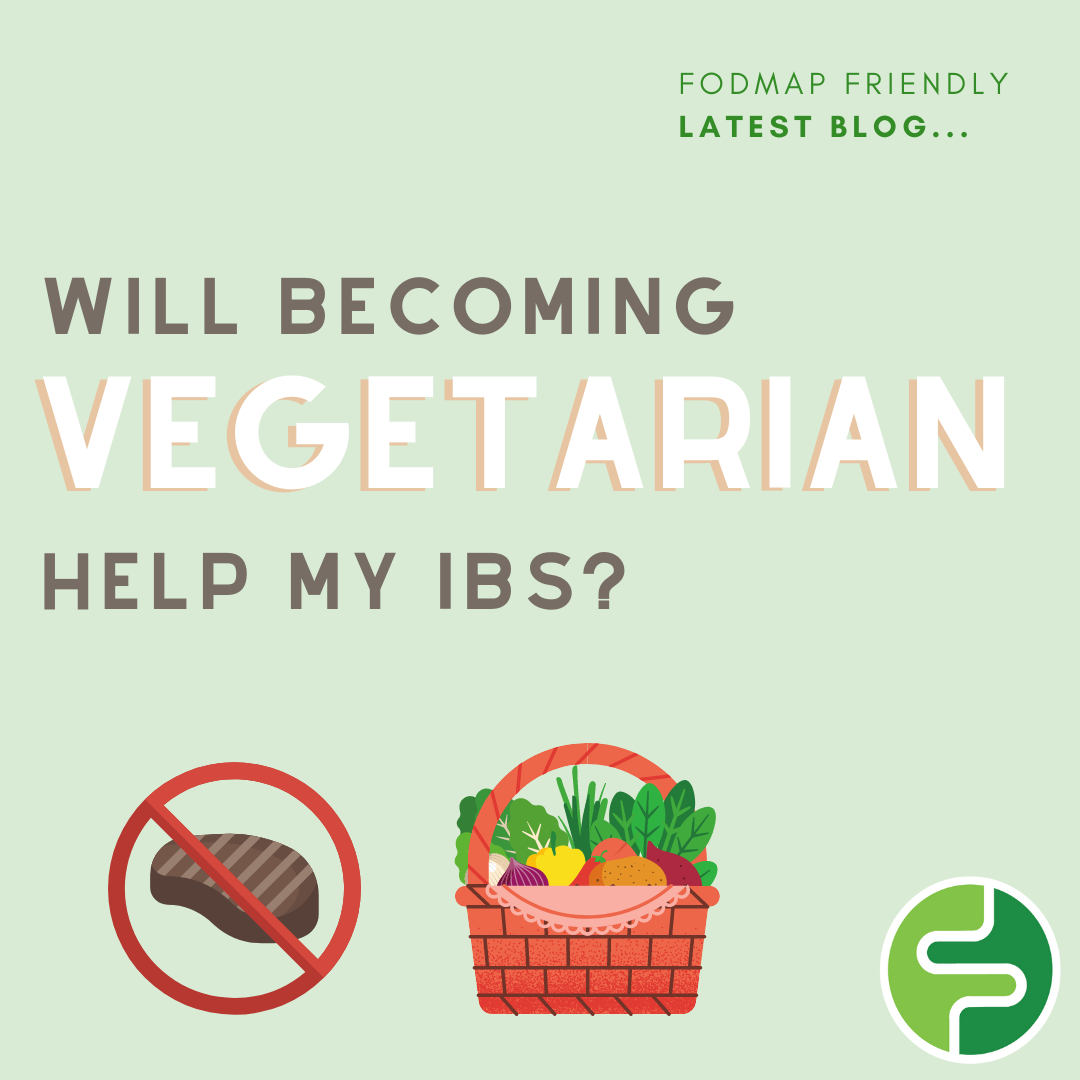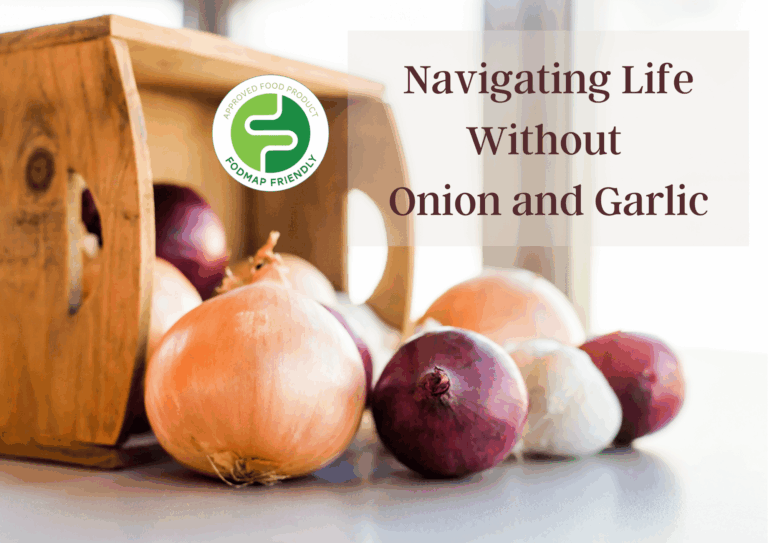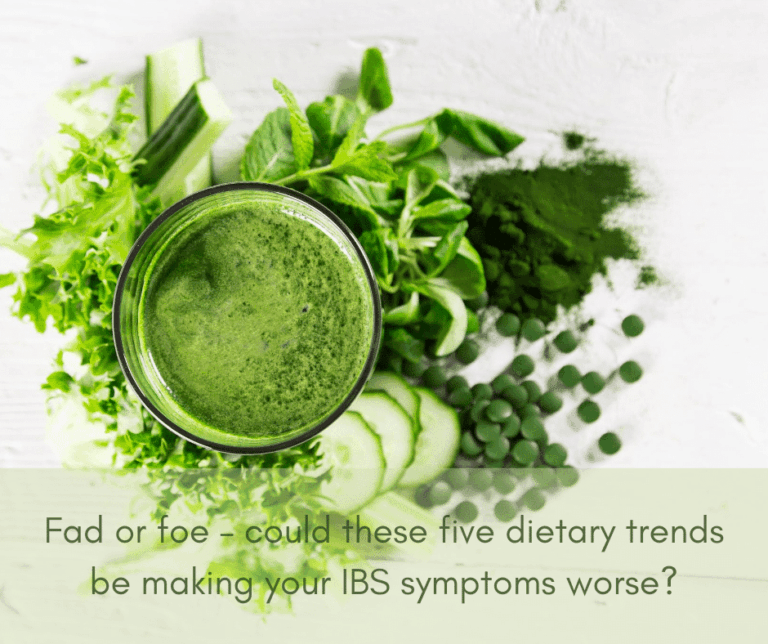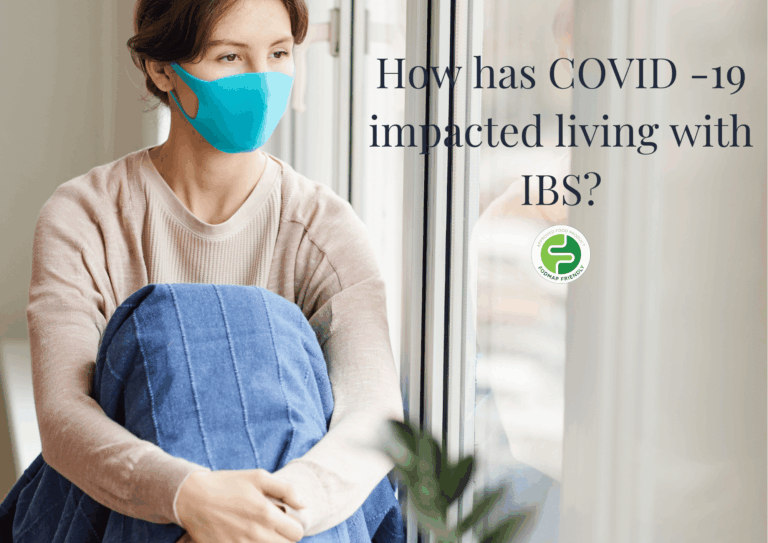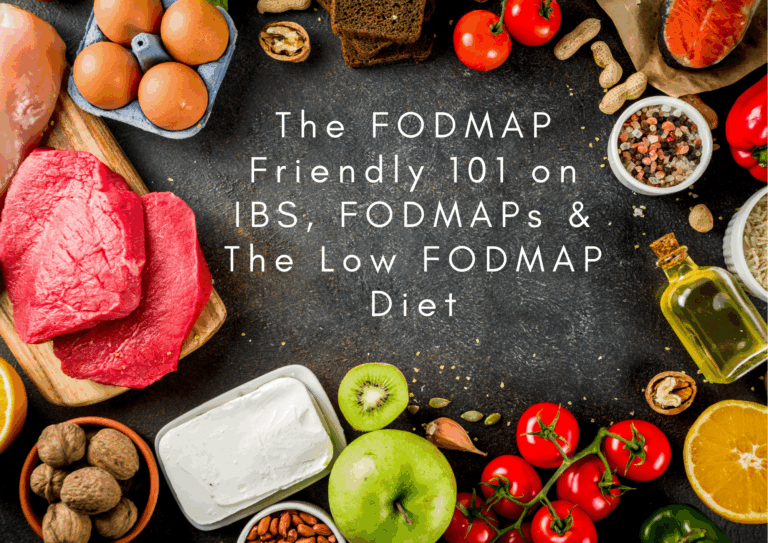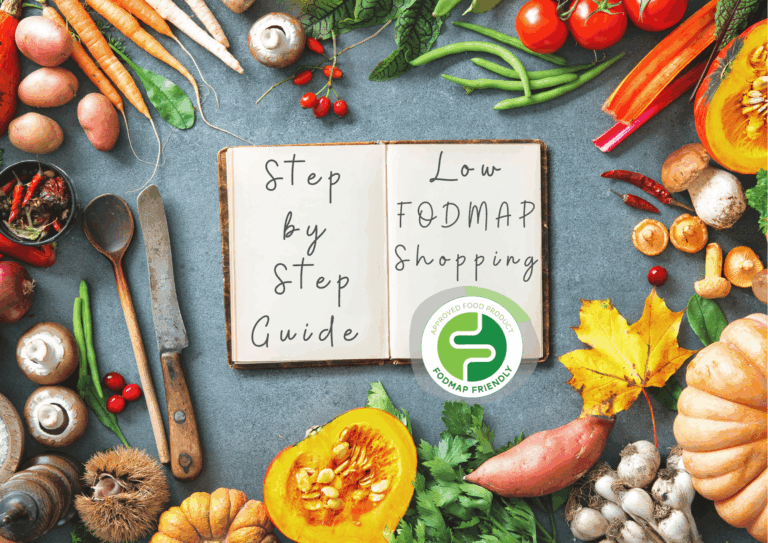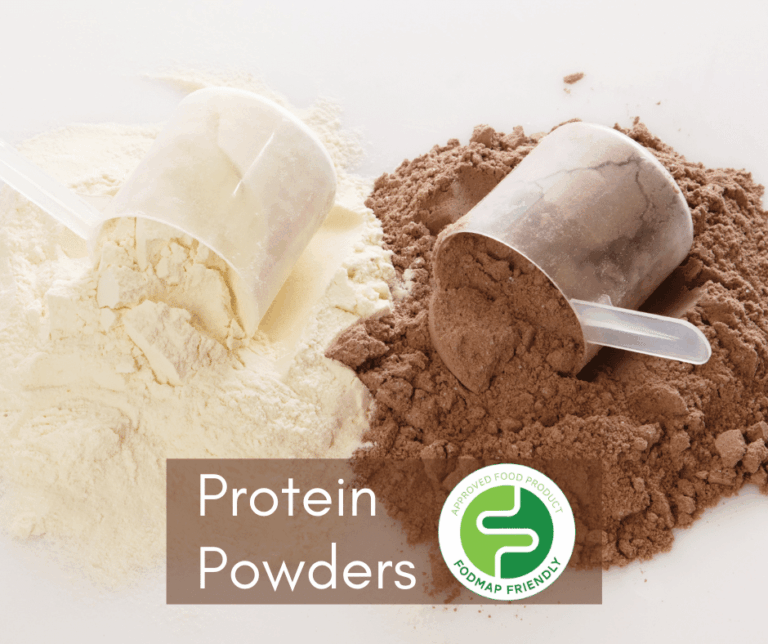Vegetarian diet— is it really that healthy?
Many people nowadays follow a vegetarian diet, consisting of food sources from plants and excluding the consumption of all meats, poultry and seafood. We might think that having a vegetarian diet just excludes all the meats, poultry and seafood, but vegetarians are also classified into different types. The main types of vegetarians are:
• Lactovegetarian
• Ovo-vegetarian
• Lacto-ovo vegetarian
• Pescatarian
• Vegan
Lactovegetarian diet excludes all meats, poultry and eggs and any foods that have any trace of these but still consume all dairy products in their diet. Ovo-vegetarian diet also excludes all meats, poultry and fish but they exclude all dairy products in their diet and they can include eggs in their diet instead. Lacto-ovo vegetarian diet only excludes meats, poultry and fish and they can still include eggs and all dairy products in their diet. Pescatarian diet excludes all meats and poultry but still eats fish, dairy and eggs in their diet. Vegan diet excludes the consumption of meats, poultry, seafood, eggs and dairy products and also any food that contains any traces of these products. Some people are also semi-vegetarian which is also known as flexitarian, and they mainly consist of a plant-based diet however occasionally includes meats, poultry, dairy, eggs and fish in small portions for their diet.
Vedge Pledge— why is this important?
Vedge Pledge is a type of challenge in the UK where people sign up to become a vegetarian and vegan for one month. This is a charity based challenge as the purpose of this challenge is to help raise money for beating cancer and cancer awareness. So if people decided to become vegetarian for one month, they must abstain from having any meat and fish and if they decided to become vegan for one month, they must refrain from consuming any products from an animal source.
The Vedge Pledge charity challenges people to reduce the consumption of meat and also helps to improve the daily vegetable intake. Red meats have associated risks of some cancers and increased varied vegetable intake is associated with reducing the risks of some cancers.
Pros of being a vegetarian
No doubt that there are nutrition and health benefits of becoming a vegetarian as your diet is purely based on vegetables and fruits and other plants based products. One of the major pros of becoming a vegetarian is that it helps reduce the risk of many diseases. Fruits and vegetables are very rich in fibre, antioxidants and vitamins and minerals which help to improve your overall health and boost longevity as a diet rich in meats lacks these essential nutrients that our body needs and therefore it reduces the risk and improve the side effects of many chronic diseases such as lowering the cholesterol levels, improving heart health and reducing the risk of certain cancers.
One other pro for becoming a vegetarian is the diet overall contains lower content of saturated fats (unhealthy fats).
Cons of being a vegetarian
One of the major cons of becoming vegetarian is risk of nutrient deficiencies. Nutrients such as vitamin B12 and zinc are very rich in meats and studies have shown that people that are vegetarian or vegan have often deficiencies in nutrients that are found rich in meats and other animal products like vitamin B12 and zinc. Therefore, being vegetarian or vegan has certain risks of being nutrient deficient as it is more difficult to consume these essential nutrients through natural plant sources.
Low FODMAP options for vegetarians?
There are many plant based foods that are very high in nutrients and also low FODMAP. An example of a low FODMAP protein option is 100g of firm tofu. There are also many vegetarian and vegan snack options which packs tons of nutrition in them such as mixed nuts, peanut butter sandwich, eggs, yoghurt and fruits, cheese and crackers etc.
For more options of low FODMAP foods download the FODMAP Friendly App, available for Apple /iPhones and Android.
In Summary
There are both pros and cons to being a vegetarian and lots of different variations of the vegetarian diet too but ultimately choosing what you eat is up to you! If you do chose to follow a vegetarian diet, we recommend working with your doctor and FODMAP-trained Dietitian for more personalised advice and to help you meet your nutritional requirements when excluding certain food groups such as meat. For more information, visit the FODMAP Friendly website to browse for products that fit in with your diet and are certified to be low FODMAP!
Written by: Steven Cui, Student Dietitian
Reviewed by: Kiarra Martindale, Accredited Practising Dietitian
